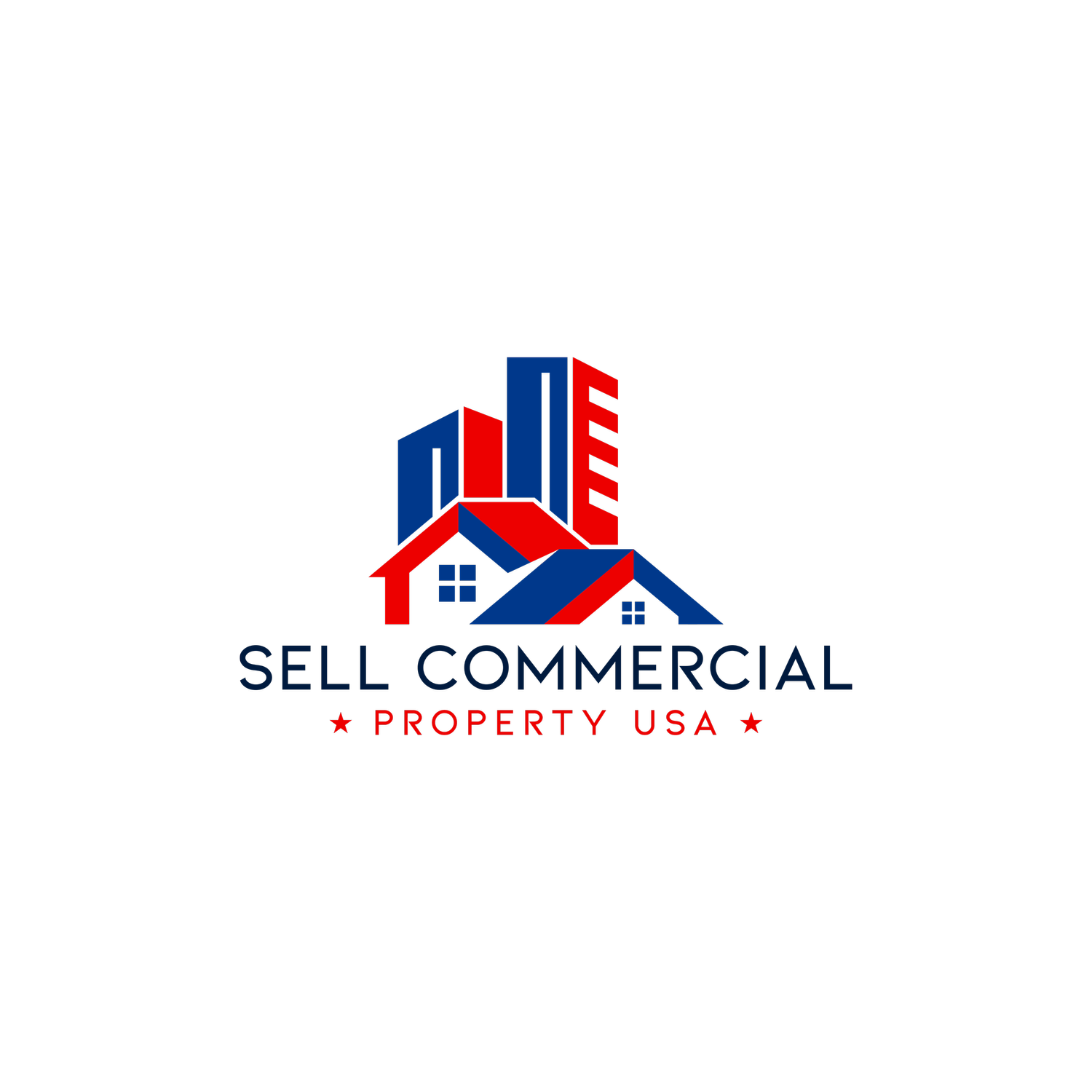How to Sell Commercial Real Estate Off-Market
Selling a commercial property is a major decision that requires planning, strategy, and the right connections. Whether you’re dealing with apartment complexes, industrial warehouses, retail centers, or office spaces, the key to a successful transaction lies in understanding your target buyers and choosing the right approach.
One increasingly popular method is selling commercial real estate off-market. Unlike traditional listings, off-market sales involve privately marketing your property to a select group of qualified buyers. This strategy often depends on strong industry connections, working with an experienced broker who already has access to commercial property investors, or reaching out directly to companies and individuals who are actively buying.
According to the Urban Land Institute’s Real Estate Economic Forecast (2020), despite pandemic challenges, sectors like industrial and logistics properties remain strong performers due to the booming demand for e-commerce and warehousing space. This makes now a strategic time for owners to sell their properties off-market.
If you’re wondering how to sell commercial property fast, below are practical steps, advantages, and strategies to guide you.
What Does Selling Commercial Real Estate Off-Market Mean?
An off-market sale means you don’t publicly list your property on real estate platforms. Instead, you privately market to targeted buyers such as:
Cash buyers
Institutional investors
Real estate firms
Private equity groups
This often results in a faster sale process, more control over negotiations, and fewer time-wasting offers from unqualified prospects.
Benefits of Selling Commercial Property Off-Market
Pros:
Sell your commercial property faster by targeting serious buyers.
Maintain privacy and discretion during the sale.
Avoid unnecessary “window shoppers” and lowball offers.
Greater control over pricing and negotiations.
Cons:
Requires more effort to connect with potential investors.
Smaller buyer pool compared to public listings.
May involve more personal outreach and networking.
Selling Without a Realtor – Is It Possible?
Yes. You don’t necessarily need a realtor to sell commercial property off-market. Many owners directly connect with investors, cash buyers, or companies interested in acquiring properties. However, this route demands more time and effort in networking and negotiation.
Working with a Commercial Real Estate Broker
While selling independently is possible, hiring a commercial real estate broker can expand your reach. A qualified broker:
Provides access to established buyer networks.
Understands local market trends and pricing.
Can market your property strategically to investors.
Handles negotiations and paperwork.
Downside: Brokers usually charge a commission, which cuts into your profit margin.
Step-by-Step Guide to Selling Off-Market
Step 1: Property Inspection
Hire a certified inspector to evaluate the condition of your property. A Property Condition Assessment (PCA) helps identify repairs before marketing.
Step 2: Get a Commercial Appraisal
A professional appraisal ensures your asking price matches current market value.
Step 3: Set a Competitive Price
Base your pricing on appraisal results and market demand.
Step 4: Market Privately
Promote your property to targeted buyers—through brokers, investor networks, or private buyer groups.
Step 5: Negotiate Offers
Once a buyer shows interest, negotiate terms considering property condition, financing, and legal factors. Working with a real estate attorney can protect your interests.
Step 6: Closing the Deal
Finalize inspections, confirm financing (if applicable), and transfer ownership through proper legal channels.
Tips for Selling Commercial Real Estate Successfully
Stay Updated on Market Trends – Properties with green certifications often sell for higher values and attract premium tenants.
Know Your Buyer Pool – Tailor your marketing toward investors most likely to value your asset.
Consider Tax Strategies – Explore options like the 1031 exchange to defer capital gains tax.
Keep Records – Document purchase price, renovations, and expenses to simplify negotiations and tax reporting.
Be Ready to Negotiate – Flexibility on terms often speeds up the sale.
Should You Sell Off-Market or On-Market?
The right choice depends on your goals:
Off-Market Sales: Faster, private, and more control but requires targeted outreach.
On-Market Sales: Access to a larger pool of buyers, but longer timelines and realtor fees.
If privacy, speed, and control are your priorities, off-market deals may be your best route.

